#canadian gay history
Text
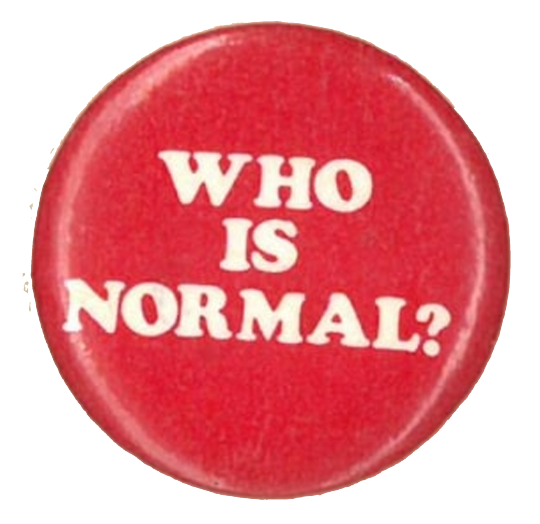
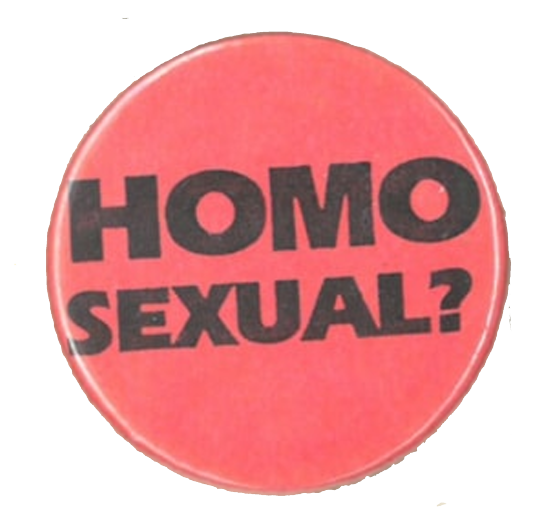
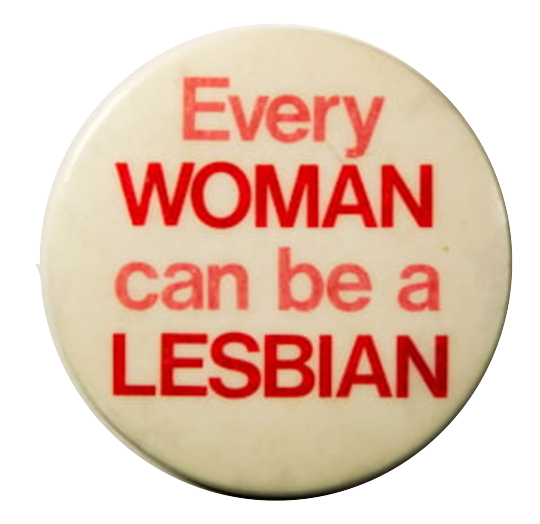
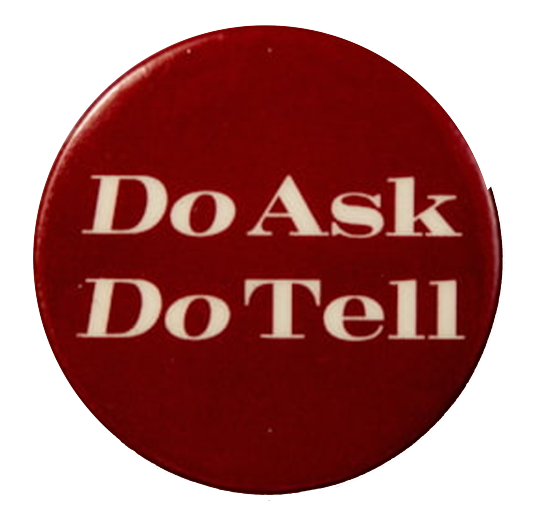
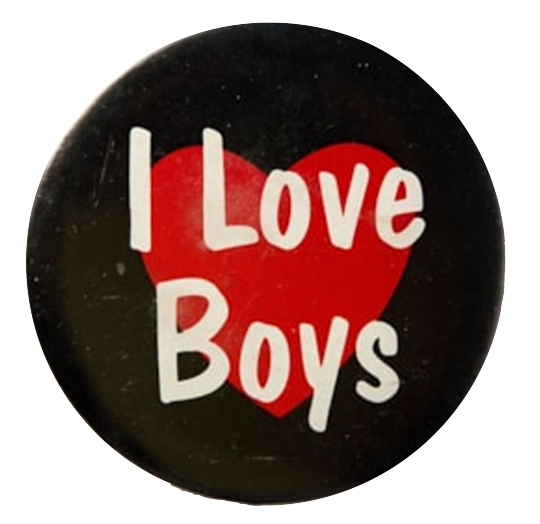
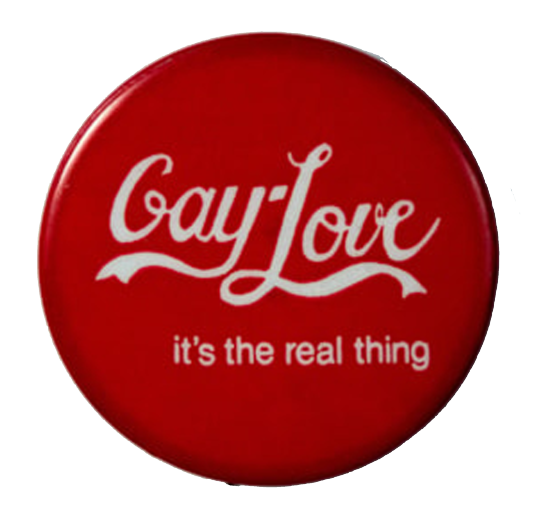
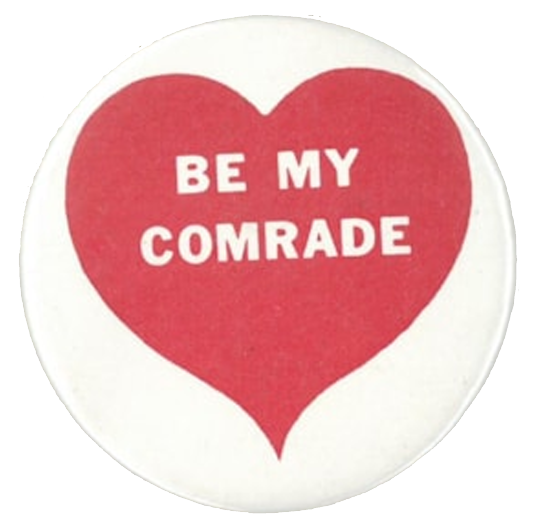
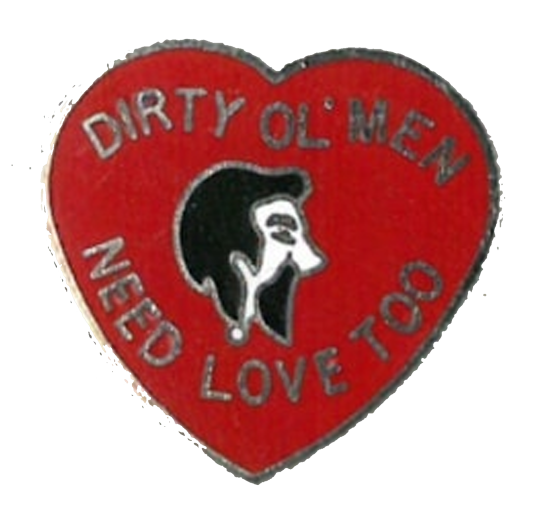
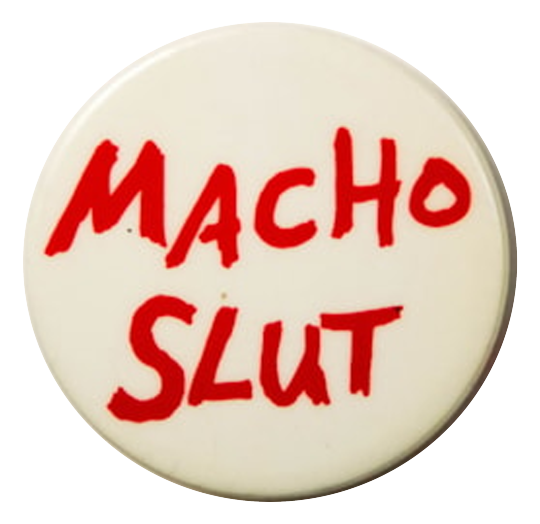
vintage buttons via the arquives, canada's lgbtq2+ archives inspired by @sweatermuppet
12K notes
·
View notes
Text

Kenny Park Lac Montauban. 2014.
#kenny park#montauban lake#art#canadian artist#naturist#culture#lgbtq#pride#gay artist#guys#naturism#gay art#queer#men#queer history#gay#male beauty#gay couple#lgbtq artist#gay life#outdoors#nekked#🍒
1K notes
·
View notes
Photo
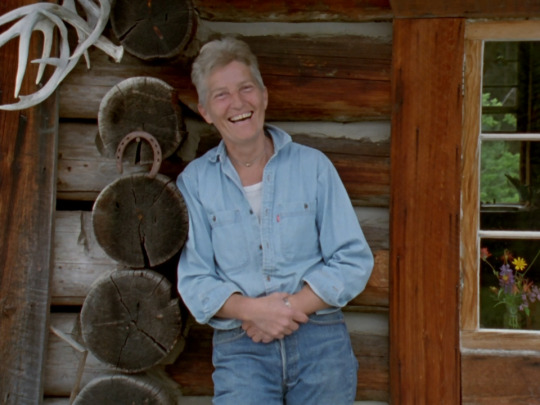
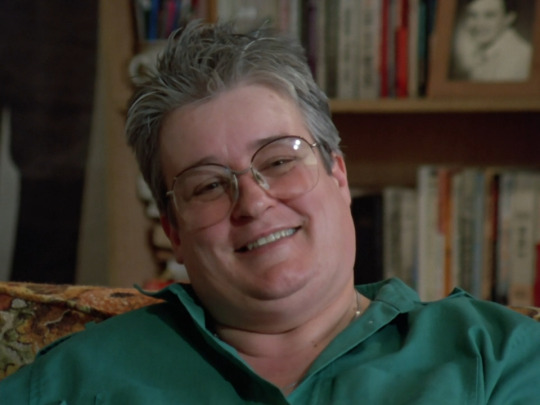
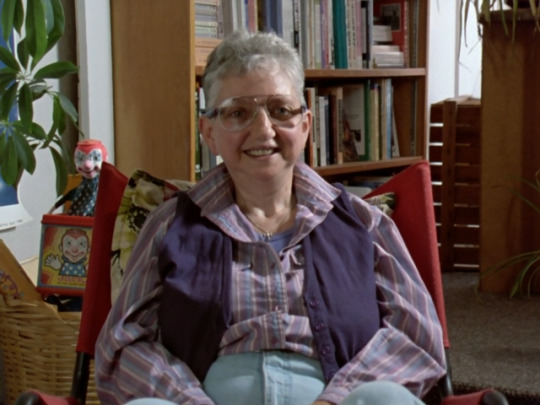
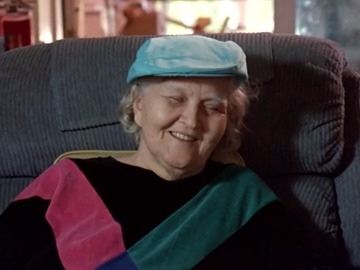
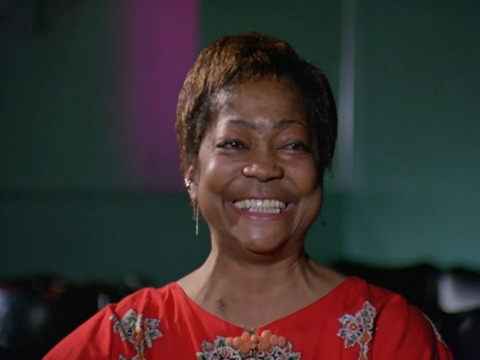


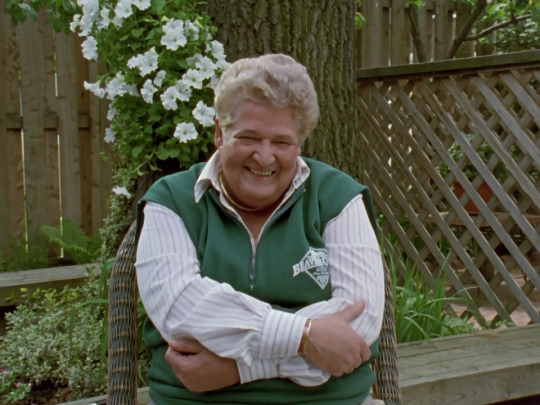

Interviewees in Forbidden Love: The Unashamed Stories of Lesbian Lives (1992)
Keeley Moll, Stephanie Ozard, Reva Hutkin, Lois M. Stuart, Nairobi, Jeanne Healy, Amanda White, Carol Ritchie-Mackintosh, and Ruth Christine
#forbidden love the unashamed stories of lesbian lives#i love all my gay canadian grandmas#forbidden love#lesbian history
2K notes
·
View notes
Text


Tommy Sexton (deceased)
Gender: Male
Sexuality: Gay
DOB: 3 July 1957
RIP: 13 December 1993
Ethnicity: White - Canadian
Occupation: Comedian, screenwriter
Note: Had HIV
#Tommy Sexton#lgbt history#gay history#lgbt#lgbtq#male#gay#1957#rip#historical#white#canadian#screenwriter#comedian#hiv
61 notes
·
View notes
Text
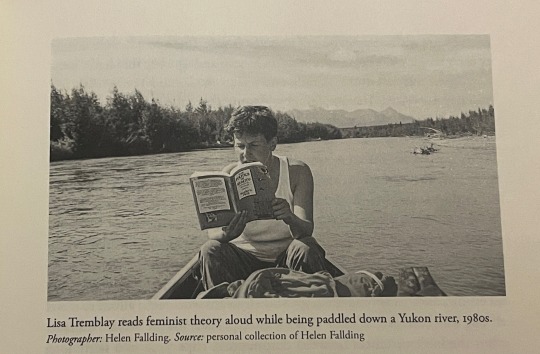
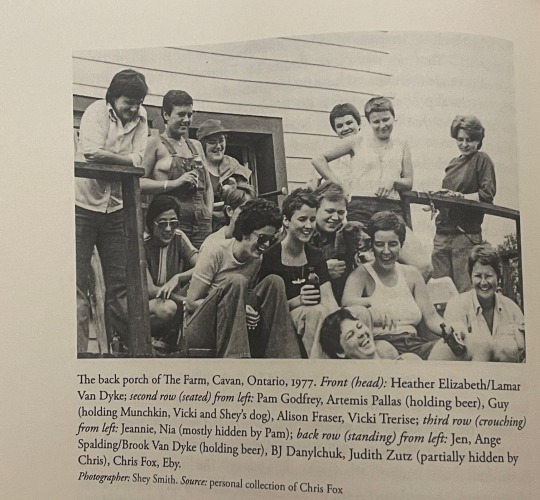
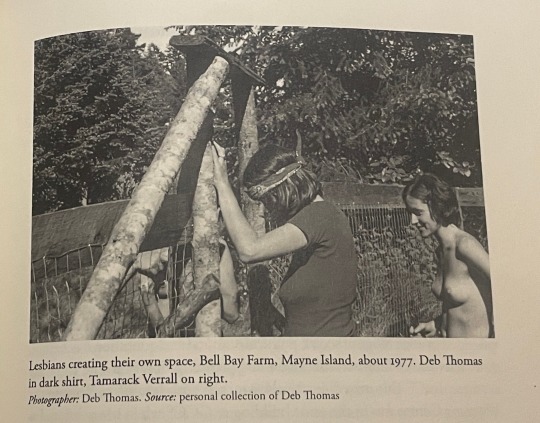
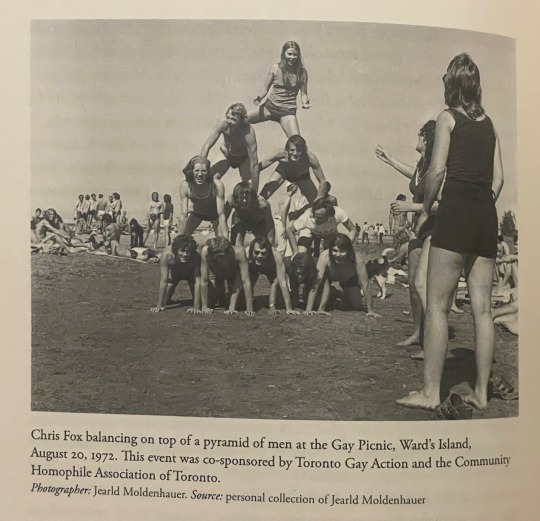
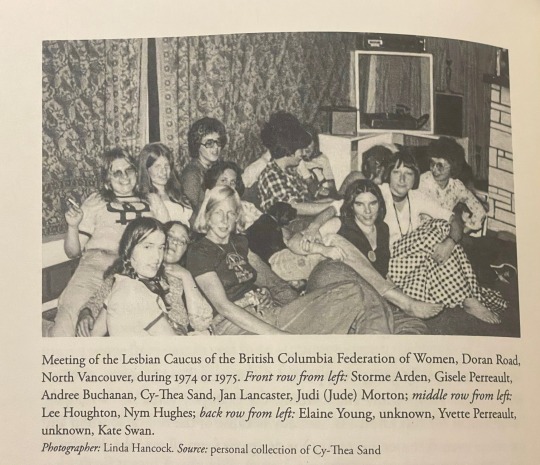
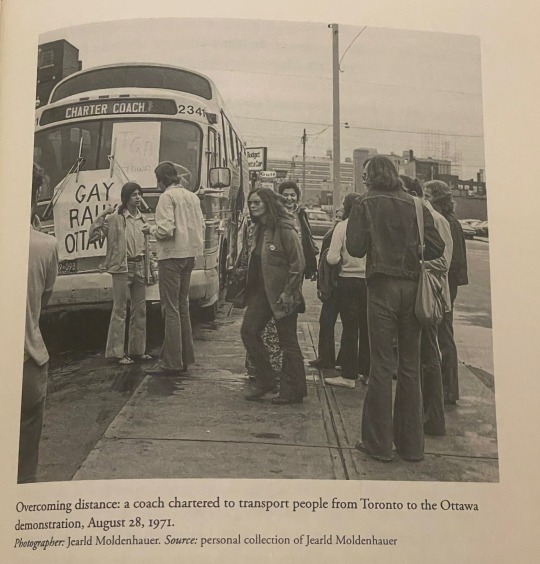
Images taken from “Making a Scene: Lesbians and Community across Canada, 1964-1984" by Liz Millward
#lesbian culture#lesbian#lesbian life#lesbian history#lesbians in Canada#Canadian lesbians#Canadian history#queer history#gay history#i love lesbians
34 notes
·
View notes
Text
youtube
#lgbtq#older gay men#older gay#gay community#gay over 60#mature gay men#older gay couple#gay canadian#gays in canada#aids history#aids pandemic#aids epidemic#aids scare#gay relationship#same sex relationship#same sex couple#same sex marriage#gay marriage#gay civil rights#Youtube
3 notes
·
View notes
Text
“Edmonton, the final city in this study, is really the outlier.” “If Winnipeg is one of the more cosmopolitan cities in the prairies, and Saskatoon is a well-equipped small city with culture, education, and resource wealth, Edmonton, for all its infrastructure, wealth, and population, is the toughest city.” “Calgary’s wealth, in oil, resources, and finances, skews glitzy (albeit it is a cowboy glamour) with a strong dash of entrepreneurialism. Calgary gets the glory while Edmonton’s more blue-collar ethos makes the province work”
i am howling please keep up the portrait sketching valerie you are making my day
#she cites the difference between gay sports team names because we had the roughnecks and calgary had the apollo club and im laughing#you see what i mean though about masculinity though#its ed in his jean jacket holding cal up by his little sparkly bolo tie after cal complains men arent real men anymore lmao#hapo reads canadian history#hapo reads queer history
3 notes
·
View notes
Text
Fun?? Fact!
Until 2006, the arrests made during Operation Soap made it the largest mass-arrest in Canadian history. 286 people where charged under “bawdy-house” law and 20 more through managerial status.
Source: Gerald Hamon. “Taking it to the Streets” The Body Politic: Rage! Volume 71. (1981, March.) https://arquives.ca/press-room/operation-soap
1 note
·
View note
Text
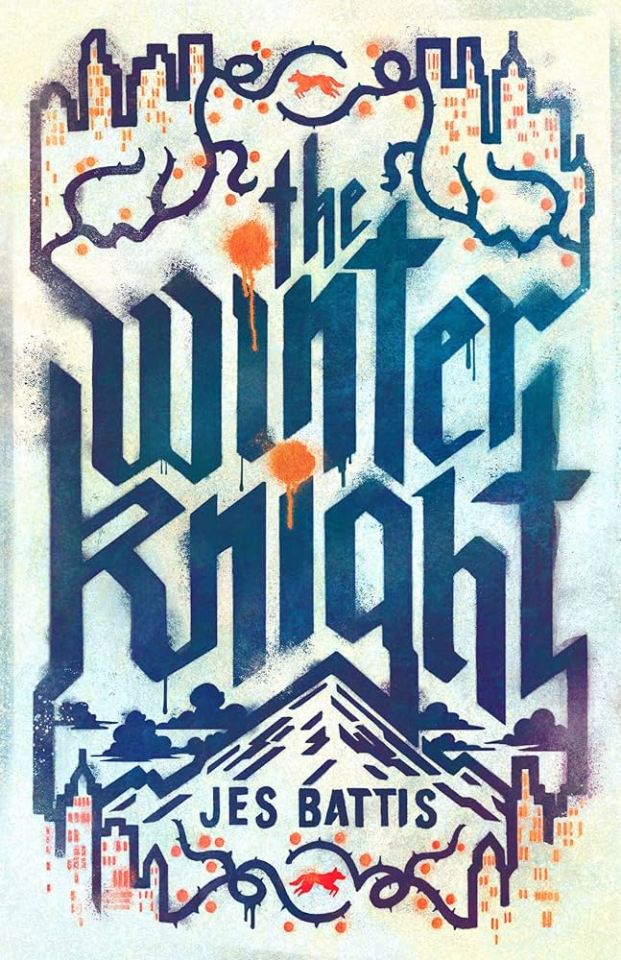

Adult standalone urban fantasy novel
In an alternate version of present-day Vancouver inhabited by the reincarnated Knights of the Round Table and other figures from myth and folklore, a college student from an Arthurian family and a valkyrie both become entangled in a murder investigation
Gay autistic main character with anxiety; bi ace main character; M/M + F/F romances; Chinese Canadian trans girl side character
#i REALLY wanted to like this because it's part gay green knight retelling part valkyrie detective mystery#and those are excellent concepts#but i didn't really end up liking it sigh#it felt very slow and slice-of-life which i don't think worked with the murder mystery plot#i felt like hildie (the valkyriee) spent most of her chapters being like 'woe is me i don't want to be a valkyrie' which got boring fast#the climax of the novel also involves randomly inserting chapters from the pov of new perspective characters which is just…why…#also some that really bugged me#is that i had heard that this novel explores arthurian myths and european colonization of the americas#and and like european myths overwriting indigenous ones#which sounded like an interesting concept#and there are mentions of indigenous canadian history and place names#but no mentions of present-day indigenous peope or really any other cultures having urban fantasy stuff going on?#i get not wanting to overstep your lane but even just like. mentioning there are magical creatures from cultures would have worked#especially since you have a valkyrie running around in an arthurian world!!#okay ending on a positive note props to the guinever/lancelot/galehaut polycule never seem that combo before#but yeah this was kinda disappointing#the winter knight#jas battis#2023 reads#lulu speaks#lulu reads#lulu reads the winter knight#books
0 notes
Text
if I was willing to spend money on tumblr I’d blaze the difference between the cusco flag and the rainbow gay flag but alas I will simply keep track of how many cusco flags I see this year
#quipu.txt#its cool that canada celebrates indigenous history month and gay pride month in june. win for peruvian expats I guess#i am neither a peruvian expat nor canadian tho#delete later
1 note
·
View note
Text
In the 1970s, some gay community leaders turned their backs on the “less respectable” (read: trans, gender-weird, drag-performing, poor, racialized and/or flaming) members of their community in a cynical ploy to gain acceptance and power for themselves—at the expense of their more marginalized peers. There’s no better example than when, in 1973, the New York Pride Committee tried to bar trailblazing trans women of colour Marsha P. Johnson and Sylvia Rivera from participating in the Pride parade because they were giving the organization “a bad name.” This decision by the local Pride committee exemplified a broader trend where some gay activists sought to push out more marginalized community members to win respectability and influence.
Flash forward 50 years and history is repeating itself in Canadian politics. As anti-LGBTQ2S+ hate rises across Canada, with even CSIS sounding the alarm, and trans lives being used as a political punching bag by far-right groups, Melissa Lantsman and Eric Duncan, the two (and only two) openly gay Conservative MPs, and other Conservative MPs who’ve called themselves our allies, are turning their backs on LGBTQ2S+ rights.
Continue Reading
Tagging @politicsofcanada
172 notes
·
View notes
Photo

Nathan Fong (deceased)
Gender: Male
Sexuality: Gay
DOB: 16 March 1959
RIP: 30 March 2020
Ethnicity: Chinese
Nationality: Canadian
Occupation: Chef, activist, reality star, entrepreneur
Note: Had HIV but died with unrelated causes
#Nathan Fong#lgbt history#qpoc#bipoc#lgbtq#male#gay#1959#rip#historical#asian#poc#chinese#canadian#chef#activist#Reality Star#entrepreneur#hiv
81 notes
·
View notes
Text

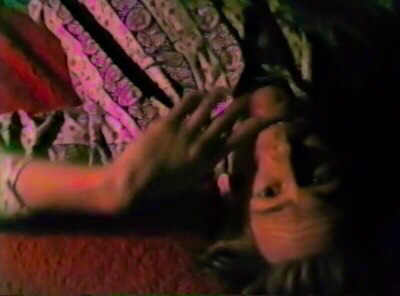
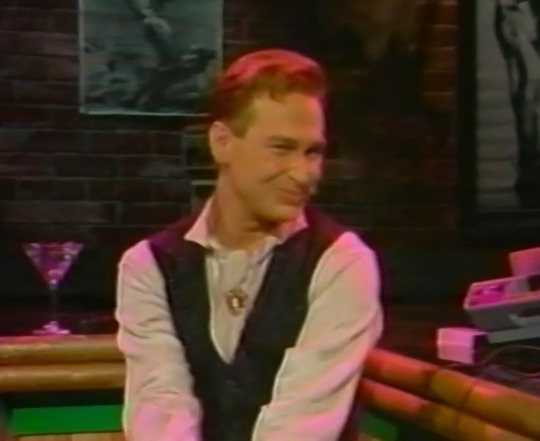
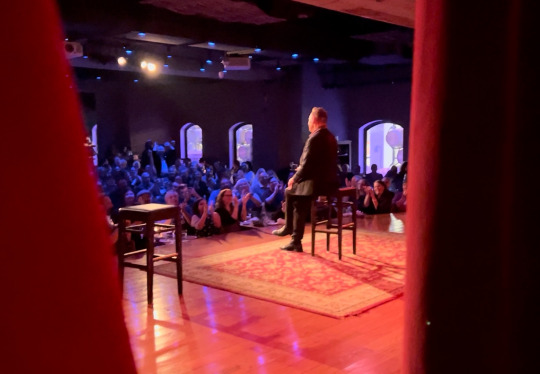
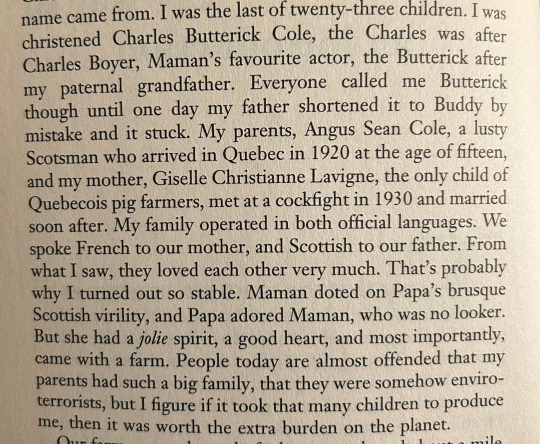


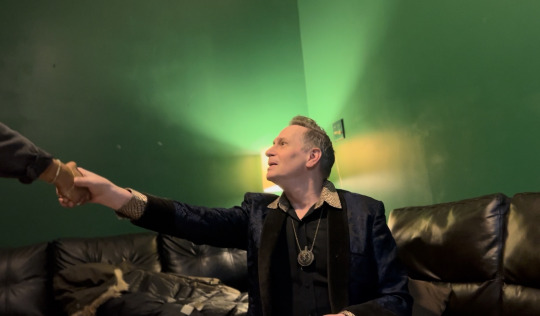
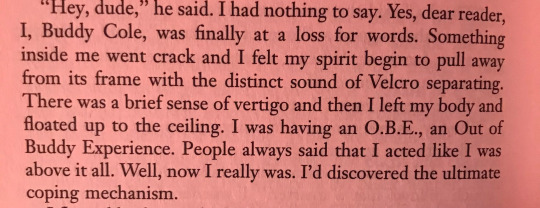
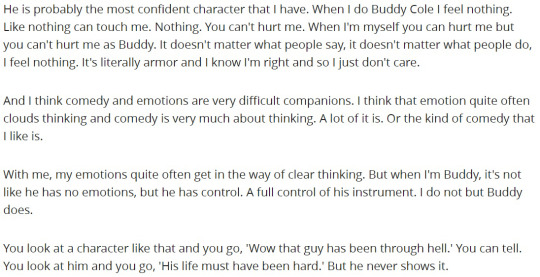



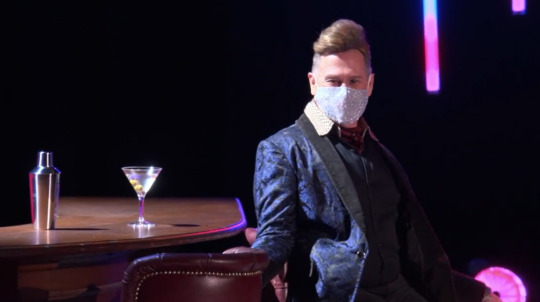
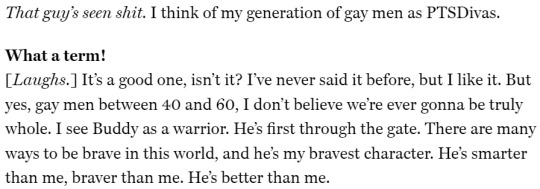
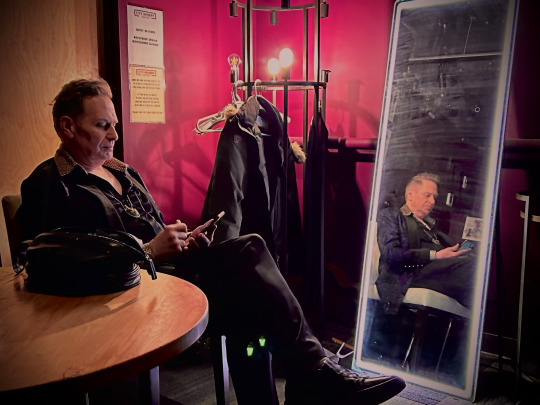

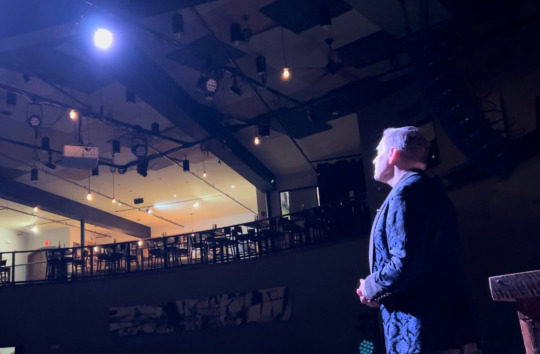

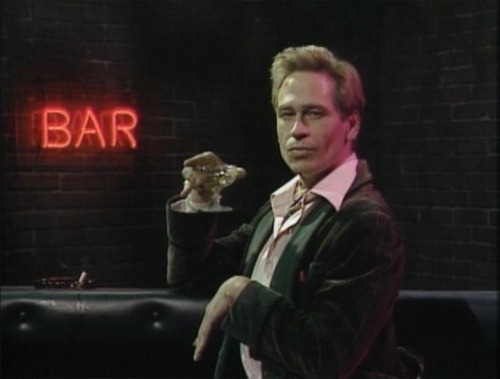
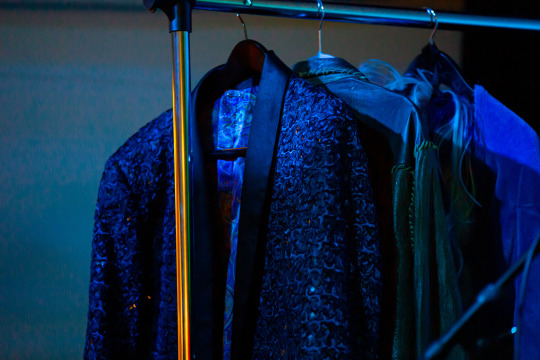

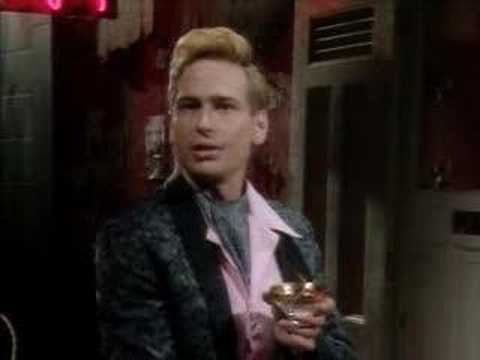


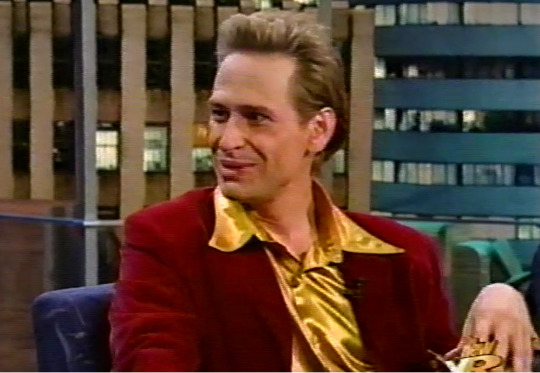
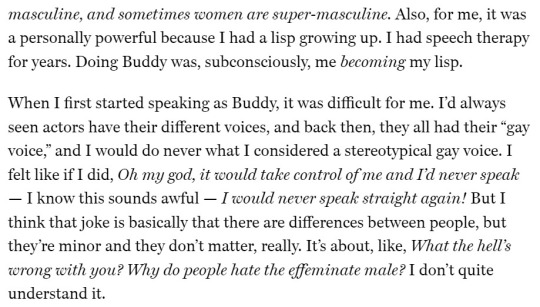
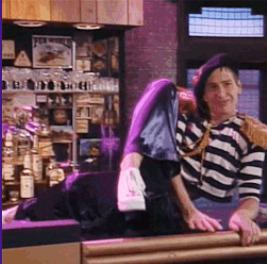
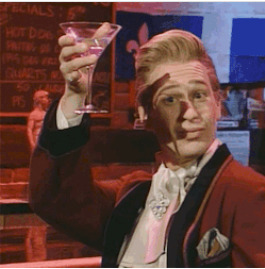

"I may have been born yesterday, but I still went shopping!"
Happy 16th birthday to Charles Budderick "Buddy" Cole, born 64 years ago, yesterday.
Image/quote sources are under the cut:
Opening sentence of Buddy Babylon, written by Scott Thompson and Paul Bellini
Frame from "Buddy Cole Origins part 1", Scott Thompson's first video as Buddy Cole. Entirely improvised by Scott Thompson, filmed by Paul Bellini in 1985.
Still frame from the Buddy Cole sketch "Buddy and Bobs", filmed for the Kids in the Hall on CBC/HBO but never released
Photograph taken by Jessamine Manchester backstage at Scott Thompson's Philadelphia show during his KING tour on February 10th, 2024
Buddy Babylon, page 2
"Buddy Cole Origins part 1"
Buddy Babylon, page 131
Photograph taken by Jessamine Manchester in the green room of Scott Thompson's Atlanta show on the KING tour, February 16th 2024
Buddy Babylon, page 198
Scott Thompson quoted in "An oral history of Kids in the Hall's unabashedly outspoken Buddy Cole played by Scott Thompson" written by Vanja Mutabdzija Jaksic June 9th 2021.
Frame from "Buddy Cole Origins: Uncle Sappho" filmed by Paul Bellini in September 1986.
Photo taken during sound check at City Winery Atlanta by Jessamine Manchester February 16th 2024
Buddy Babylon, page 167
Buddy Cole in "Stand Out: An LGBTQ Celebration" on Netflix. June 2022.
Vulture article "The Kids in the Hall’s Scott Thompson Used Gay Provocateur Buddy Cole As an Essential Megaphone" written by Abraham Josephine Riesman on February 9th 2017.
Photo taken by Jessamine Manchester in the green room at Scott Thompson's Boston show during his tour of KING, February 7th 2024
"Behind Buddy Cole" written by Jaffe Cohen, published in the New York Native on January 8th 1990
Photo taken by Jessamine Manchester February 2024
Scott quoted in "An Antidote for a Sickening Era", written by Eve Kucharski May 30th 2019
Frame from Buddy Cole monologue "I'm Canadian", from Kids in the Hall Season 1
Photo taken backstage at Mouth Congress's performance at PhilaMOCA in May 2022 by Anne Hoskins
Scott Thompson quoted in "The Persistence of Buddy Cole: Scott Thompson Discusses His Most Iconic Role" written by Brock Wilbur on May 30th 2018 for Paste Magazine
Frame from Scott's first Buddy Cole monologue "Love at First Sight" from the Kids in the Hall Pilot, 1988
Frame from The Lowest Show on Earth (2001, possibly 2002) encore in which Buddy Cole appears in a fursuit and makes love to a woman live on stage
Frame from Buddy Cole monologue "Finding Love", from Kids in the Hall Season 3
Frame from Scott Thompson's appearance as Buddy Cole on Late Night with Conan O'Brien, 1997 or 1998
Vulture article "The Kids in the Hall’s Scott Thompson Used Gay Provocateur Buddy Cole As an Essential Megaphone" written by Abraham Josephine Riesman on February 9th 2017.
Frame from Buddy Cole monologue "Paris" Kids in the Hall season 3
Frame from Buddy Cole monologue "Montreal" Kids in the Hall season 5
Buddy Babylon, page 159
#i spent so long on this you have no idea what i went through to put it together#happy birthday#buddy cole#kids in the hall#scott thompson#kith#queer#paul bellini#the kids in the hall#queer history#mouth congress#webweave
56 notes
·
View notes
Text
Canadian LGBTQ+ rights; a whirlwind summary
Back in August of 2023 @wen-kexing-apologist wrote an absolutely stellar piece here, and I didn't want to co-opt it (especially because it was already written with an American gaze and I don't want to pile on/distract from the fact that we're talking about Thai BL) so I decided to make this a separate post. And then it lingered in the sad pile of my drafts. But, I'm gonna post it anyway, and take this as an excuse to talk about Canadian history of LGBTQ+ rights apropos of absolutely nothing except the most recent move of the provinces (specifically Saskatchewan) to use the notwithstanding clause to force through legislation that the courts have said goes against our charter of rights and freedoms--specifically legislation that says a teacher cannot respect a child's pronouns without permission of the parent. This is being taken to court (latest as of this writing is that in Feb 2024 the group fighting the law was granted the right to be heard by the court in spite of the notwithstanding clause being invoked, so there is still a chance of it getting revoked via the courts).
WKA talks about what the conversation was like in the US around queer rights in the 20th century; highly recommend reading the linked post first. In Canada the conversation was a little different though with very similar themes; we had the shift to a focus on "privacy" as the driver of our rights long before the HIV/AIDS epidemic, in the 1960s. So much of the push and pull of our laws around homosexuality and gender identity and expression have had to do with the public vs private.
Sodomy has been illegal in Canada since colonization (earliest known conviction: 1648) but laws against gross indecency, which included dancing, kissing, or touching between two men, didn't get codified in Canada until 1892 (and not extended to apply to women until 1953 (thanks)). While these laws essentially outlawed any physical public affection between men from the turn of the century, the fervor to root out and eliminate gayness from society didn't really reach its pitch until mid-century.
I need you all to know about the Fruit Machine, which was an ostensibly "scientific" detection device to identify and purge gay and lesbian civil servants from the military and public service in Canada. While the machine was built in the 1950s and used through the 1950s and 1960s, the practice of using psychology, polygraphs, and interrogation to force military and public servants to come out and take a voluntary discharge existed through to the 1990s.
Our former Prime Minister PE Trudeau made famous the line "there is no place for the state in the bedrooms of the nation" as part of his so-called decriminalization of homosexuality 1967; this is of course a joke because "buggery" and "gross indecency" stayed on the books for another 20 years, the only difference being they were only punishable if the people involved were under 21, there were 3 or more people present, or the participants were performing these acts outside of their home. You may notice that this meant the policing of public space was where and how homophobia continued to be perpetuated by the state via police.
Highlighting the importance of privacy as a framework for gay rights at this time, The Right to Privacy movement was the name for one of the forerunners of modern Canadian LGBTQ+ rights groups through the 1970s--though worth noting that this group in particular was criticized for its exclusion of WLW and our trans siblings (some of whom of course overlap). The infamous bathhouse raids of 1981 ("Operation Soap"), leading to at the time the largest arrest in Toronto's history, were one of the precipitating factors in the recognizable start of the modern LGBTQ+ rights movement. In 1986, five years after the raids and thanks to massive effort by LGBTQ+ organizing, sexual orientation was added to the protected list of attributes that it is illegal to discriminate against under the Canadian Human Rights Act (gender identity and expression was added in 2012), and in 1987 "anal intercourse" was made legal for those over 18 (the legal age of consent was made the same for everyone--16--in 2019), and "gross indecency" as a law was finally repealed. The fight for marriage equality was the next step after achieving real decriminalization, and was strongly based on the right to freedom from discrimination as protected by the Human Rights Act.
[Just going to take this moment to note that for some reason they never struck off the law criminalizing sodomy when more than two people are present; this is still an inequality on the books now and people do (rarely) still get charged with it.]
In the late 1980s and 1990s, the censorship fight was most famously held in the written sphere--if you've seen the movie Better than Chocolate, you might already be familiar what I'm talking about. From approximately 1986 through to 2000, Canada Border Services targeted shipments to queer bookstores, holding them up, sometimes destroying the content, putting those businesses at risk, and preventing queer content that passed through border control to be stocked in physical stores. It took the Supreme Court of Canada's ruling in 2000 to shut down that practice as an illegal suppression of a bookstore (Little Sisters in Vancouver, BC, shout-out!)'s right to freedom of expression.
Raids on safe spaces for sexual activity continued to be a driver for action through to the 21st century. The WLW bathhouse the Pleasure Palace (changed from "Pussy Palace" in the late 90s to be more inclusive of our sisters without that particular body part) was raided in the year 2000; 19 years after Operation Soap, and notably the first and last raid on a queer woman's bathhouse in Canadian history. What followed was a massive public coal-raking of police, including the very telling call to action: "out of the bars! Into the streets!" I don't think this was necessarily the intended implication at the time, but looking back the threat was that if we were not given our rights, we would be in everyone's faces (and conversely if we were given our rights, we'd be quiet). The legalization of marriage between any two consenting persons of legal age came five years later in 2005 (I don't mean to imply this effort was the only reason--the fight for marriage equality was active all the way through the 90s and early 2000s; it's just an interesting parallel that two of the biggest wins for equality for queer people in Canada came 5 years after a historic police raid).
One of the factors in gaining acceptance of LGBTQ+ people in Canada was the fight for marriage equality; as it focused the conversation on sameness rather than difference. The queer activism movement here pivoting from messaging around bathhouses and being left alone to marriage equality was an intentional, strategic attempt to be accepted as the same rather than being honoured for our differences. And that fight coming after the HIV/AIDS epidemic and bathhouse raids is no accident as it framed queer people directly in opposition to the stigma of promiscuity that surrounded assumptions about gay people which fed into the lack of support for medical intervention, research, and treatment for HIV/AIDS (here in Canada too, our history is just as gross on that front, people just don't talk about it as much. But Canada followed the US government's example, and so people were left without medical resources for at least eight years in Canada (since the first cases were identified here in 1982) and THREE YEARS after they had been approved by the US--AZT wasn't available in Canada until 1990. Three years in which people died unnecessarily. We similarly approved PrEP four years after the FDA, in 2016. Today, despite "universal health care", if you want access to PrEP, it will depend on the province you're in as to whether you can get it at all for free or whether you need to pay--in my province, it takes 2 months to get free PrEP).
Today, just over 50% of the people with HIV/AIDS in Canada are men who have sex with men; it's estimated 80% of people infected with HIV know their status, of those 75% are being treated, and of those 89% are effectively unable to transmit the virus. In that context, the ongoing fight re: HIV/AIDS in Canada today is around decriminalization, specifically decriminalization of drugs (since ~20% of HIV infections are from IV drug use--one of the many reasons I support harm reduction strategies), and the decriminalization of non-disclosure (since Canada is one of the few places where you can be charged for not sharing your HIV status with a sexual partner). Until very recently, we were also fighting to be able to give blood--it was only in 2022 that men who have sex with men were allowed to donate blood in Canada, which meant every visit to a blood donation clinic involved questions about the gender of your sexual partner(s). And, as mentioned at the top, one of the rights we are fighting to retain right now, is the right to have our gender expression respected without forced outing to a parent or guardian; Once again, the fight in Canada has become centered around the right to privacy.
Slightly tangential to the topic at hand, but I would be remiss in talking about moments in recent history when the law did not prosecute us, but it failed to protect us. In the 2010s, a serial killer was targeting men who he thought he could get away with making disappear; and he was right. The police ignored calls from the community to treat the case as a serial killer for years. Bruce McArthur killed 8 men who had gone missing from Toronto's Gay Village between 2010 and 2017, several who were vulnerable because they were distant from their families (because they were gay and closeted), homeless, and/or in immigration limbo (waiting for status), so it took longer for them to be reported missing. During this time, through to just weeks before the arrest, the Toronto Police insisted in public statements that there was no serial killer.
Black and Indigenous queer people have regularly died as a result of the police being called while they were in crisis. An unnamed trans woman (who was midgendered by the SIU after her death); Regis Korchinksy-Paquet, both in 2020. In 2022, Dani Cooper, queer activist who advocated against police-run wellness checks, was shot and killed by police during a wellness check called for them.
As a positive step, in 2016, Black Lives Matter Toronto staged a protest as part of the annual Pride Parade, making a list of demands, but the one that got the most coverage was the demand to ban police at Pride. This was taken up by the Pride Toronto committee, and since 2017 police have been banned from having an official float or presence at the parade. This has been taken up by several Canadian cities including Vancouver and Hamilton and inspired action in other cities globally.
With that context, in which queer people are rightfully distrustful of police, it is alarming that police-reported hate crimes against LGBTQ+ people (one of the only ways we have of tracking hate crime consistently) had a record-breaking increase in 2023.
In 2017, Prime Minister Justin Trudeau (the son of PM Trudeau quoted above) gave a public apology to LGBTQ+ Canadians. Here's just a brief excerpt:
"To the kids who are listening at home and who fear rejection because of their sexual orientation or their gender identity and expression;
And to those who are nervous and scared, but also excited at what their future might hold;
We are all worthy of love, and deserving of respect.
And whether you discover your truth at 6 or 16 or 60, who you are is valid.
To members of the LGBTQ2 communities, young and old, here in Canada and around the world:
You are loved. And we support you."
The important part about this apology was twofold; one, it explicitly named many of the specific instances of oppression I mentioned above, and two, it listed the things the government was doing to make reparations. This included the repeal of the law that equalized the age of consent (which went through two years later, as mentioned above), the pardoning of people who had a criminal record due to unjust laws based on LGBTQ+ discrimination, settlement of a class action lawsuit for victims of The Purge, and a commitment to work towards better resources for mental health and housing for LGBTQ+ people, as well as a committment to continue working to remove the barriers for gay men to donate blood (which went through in 2022). One of the other important achievements was the change to allow an "X" option under gender on Canadian Passports (so the three available options are M/F/X) in 2019 [some provincial gender opt-out options have existed since 2017].
The current government is by no stretch perfect, but it has been good to see some of these moments of our history acknowledged and corrected for. As the global pressure towards fascism continues, it's critical that we remember these changes are the result of hard work, not inevitable "progress", that these fights are ongoing and require our energy, and that change, using a variety of tactics, is possible.
Quick hit facts if you prefer a list to a narrative:
In Canada, it was illegal for men to hold hands with men or women to hold hands with women in public until the 1960s;
The government tried to expunge us from public service in the 60s and 70s;
it was illegal for men to have threesomes until the 1990s;
bathhouse raids were made possible due to legislative inequalities through the 2000s;
Canada took three years longer than the US to approve treatments for HIV/AIDS, four years longer to approve PrEP, and still today access can be complicated/expensive;
it was possible to be of legal age to have sex but not anal sex until 2019;
Gay men were barred from donating blood until 2022;
Canada remains one of the few countries in the world where you can be prosecuted for not disclosing your HIV status (though does not apply if you retain a minimal viral load);
In 2023 some provincial governments tried to make kids choose between gender expression and their privacy (and potentially safety) from their parents; as of March 2024 that fight is still actively being fought.
The take-aways I hope people get from this post:
This history is more recent than we pretend, and is ongoing
Framing gay rights as right to privacy vs right to being not prosecuted for being in public is nuanced and intertwined
Transphobes need to fuck off
Some references/further reading/watching:
Brief history of LGBTQ+ laws in Canada at the Canadian Encyclopedia
The Fruit Machine documentary made by TVO
Article on HIV/AIDS in Canada policy written by one of the policymakers
Timeline of HIV/AIDS Developments (only goes to 2010 so does not include PreP, which was approved in Canada in 2016, four years after its availability in the US)
Article on The Pleasure Palace raid by one of the organizers
Article on the Bathhouse Raids 40 years after Operation Soap
Article on Bruce McArthur's crimes and the review of how police handled the case by former judge Gloria Epstein
Regis Korchinksy-Paquet and the unnamed trans woman dead after interactions with police
Dani Cooper's death
Article about the Supreme Court case brought by Little Sisters bookshop
HIV Non-Disclosure Law Fact Sheet
Article about the end of the blood ban for men who have sex with men
Black Lives Matter Toronto on their 2016 action at Toronto Pride
Prime Minister Justin Trudeau's apology
Gender "X" Options on Passports
Stream Better Than Chocolate (you may need to look up where it's available in your region)
Little Sisters Book & Art Emporium
Glad Day Bookshop (Makes a claim for being the oldest queer bookshop in the world; one of the few queer public spaces being maintained/actively protected as more and more of our spaces are eroded, and also just a personal fave so I'm taking the excuse to shout it out too)
40 notes
·
View notes
Note
Hi sorry Israeli Canadian anon from earlier. White gays are saying that Palestinians are homophobic??
(Admittedly, i am a white gay. I say that in the sense of "didn't realize ppl were doing this" and not in a distancing way to exempt myself from the shitty things us white gays do. I'm not perfect.)
Okay, putting aside how bullshit it is to label an entire ethnic group as being homophobic - do ppl think that Israel *isn't* homophobic?? Or transphobic for that matter? I actually happen to be trans and when I was changing my name and gender marker on my legal documents, I learned that I can't change my Israeli birth certificate bc to do so requires bottom surgery. Which I personally don't want or plan to get. To put that into perspective, canada (with all its bullshit facade of being such an ~accepting~ place) doesn't require that. Requiring bottom surgery to change gender marker is so fucking antiquated and transphobic.
Also, to be honest, even though I was born in Israel, I'm not super educated on all of the history. Part of that being because for so long I saw the discussion surrounding it being portrayed as oh so complicated. And then I realized that it really isn't. At its very core what it boils down to is: do you support genocide? If your answer is yes, then you support Israel. If your answer is no, then you support Palestine.
(Very much want to learn more about Palestinian history and Israeli occupation/apartheid. Do you have recommendations for articles/documentaries/etc on it?)
hi anon. and yeah. white gays, especially libs, constantly use the belief that all palestinians are homophobic (which also leads to islamophobic sentiments) and that people should not support palestine because of that. unfortunately that is a very overly used belief in arguments, especially in north america. the belief that palestine is homophobic and that israel is very open and supportive is due to pinkwashing, which can be explained very thoroughly on the website decolonizepalestine. this website also has TONS of information all about palestine, the occupation, and the various forms of questions people often ask, while also debunking a lot of myths and falsehoods that are produced from israeli propaganda. very good site to scroll through, and i'm sure many of your questions will be answered just by taking a read through it.
i'm not going to waste time and repeat what thousands of others have already said about pinkwashing, but i do want to mention that pinkwashing does play a huge role in the dehumanization of palestinians and also plays a role in how western propaganda continues to split oppressed minorities constantly, making them against each other rather than uplifting each other.
the belief that all palestinians are homophobic is. honestly. well. it's islamophobic. i'm queer, trans, muslim, and palestinian. i exist. queer palestinians exist everywhere. western and zionist propaganda makes people think that all palestinians are muslim, and therefore against queer people. this is simply not true, since palestinians are very VERY diverse. palestinians are christian, jewish, muslim, atheist, and whatever else as well. it's not a religious thing, it's an ethnic and racial thing. palestine simply has not had the time to unlearn homophobia or had the time to try to advocate for queer and women's rights because we are too busy trying not to die. we don't have time to fight for queer liberation because we're too busy fighting for our HUMAN liberation. we are trying to exist first, then we can worry about the discrimination against queers.
israel also claims to be a safe space for queers, but it is literally the opposite. it's just as discriminatory as other countries, and hurts queer jews, as well as blackmails queer palestinians into submission. like you said, israel does have transphobic regulations, like the whole "need bottom surgery in order to legally get a sex change" and other things like that.
i've been recommending this masterlist of palestinian resources for everyone, but please look through this if you want to learn more about the occupation in palestine. the website i mentioned earlier is very helpful as well.
inshallah we will see a free palestine in our lifetimes.
69 notes
·
View notes
Text
2024 Release TBR
🏳️🌈 - queer MC 🇨🇦 - Canadian author
⭐️ - BIPOC MC 📘 - have an ARC bold - newly added
The Secret History of Bigfoot - John O'Connor (travel/history) - February 6
Ending the Pursuit - Michael Paramo (sociology) - February 8
Remedial Magic - Melissa Marr (fantasy/romance) 🏳️🌈📘 - February 20
The Butcher of the Forest - Premee Mohamed (fantasy) - February 27
Tomorrow’s Children - Daniel Polansky (post-apocalypse) - February 27
The Deerfield Massacre - James L. Swanson (history) - February 27
The Baker and the Bard - Fern Haught (YA cozy fantasy) 🏳️🌈- March 5
The Tower - Flora Carr (historical fiction) 📘 - March 5
Parasol Against the Axe - Helen Oyeyemi (literary fiction) ⭐️📘- March 5
Those Beyond the Wall - Micaiah Johnson (science fiction) ⭐️📘 - March 12
The Mars House - Natasha Pulley (science fiction/romance) 🏳️🌈 - March 19
The Floating Hotel - Grace Curtis (cozy science fiction) 🏳️🌈 - March 19
The Angel of Indian Lake - Stephen Graham Jones (horror) ⭐️ 📘- March 26
This Skin Was Once Mine and Other Disturbances - Eric LaRocca (horror) 📘- April 2
Catchpenny - Charlie Huston (science fiction) 📘- April 9
Dear Wendy - Ann Zhao (YA contemporary) 🏳️🌈 - April 16
A Letter to the Luminous Deep - Sophie Cathrall (cozy fantasy) 📘 - April 23
The Tomb of the Mili Mongga - Samuel Turvey (memoir) - April 16
The Demon of Unrest - Eric Larson (history) 📘 - April 30
The Library Thief - Kuchenga Shenjé (historical fiction) ⭐️ - May 7
The Honey Witch - Sydney Shields (cozy fantasy) 🏳️🌈 - May 14
Every Time We Say Goodbye - Natalie Jenner (historical fiction) 🇨🇦 - May 14
How to Become the Dark Lord and Die Trying - Django Wexler (fantasy) - May 21
A Gentleman From Japan - Kevin Lockley (history) ⭐️ - May 21
Dreadful - Caitlin Rozakis (fantasy) - May 28
Tidal Creatures - Seanan McGuire (contemporary fantasy) - June 4
Running Close to the Wind - Alexandra Rowland (fantasy) 🏳️🌈 - June 11
Echo of Worlds - M.R. Carey (science fiction) - June 25
The Briar Club - Kate Quinn (historical fiction) - July 9
Navola - Paolo Bacigalupi (fantasy) 📘- July 9
Bury Your Gays - Chuck Tingle (horror) 🏳️🌈 - July 9
Peking Duck and Cover - Vivien Chien (cozy mystery) ⭐️ - July 23
Chaos at the Lazy Bones Bookshop - Emmeline Duncan (cozy mystery) - July 23
Nicked - M.T. Anderson (historical fiction) 📘 - July 23
Last Seen Online - Lauren James (YA mystery) 🏳️🌈 - August 1
The Pairing - Casey McQuiston (romance) 🏳️🌈 - August 6
A Sorceress Comes to Call - T. Kingfisher (fantasy) - August 20
Radiant Sky - Alan Smale (science fiction) - August 27
The Salmon Shanties - Harold Rhenisch (poetry) - September 10🇨🇦
The Village Library Demon-Hunting Society - C.M. Waggoner (fantasy) - September 20
Villain - Natalie Zina Walschots (superhero fiction) 🇨🇦🏳️🌈 - October 1
The City in Glass - Nghi Vo (fantasy) - October 1
Swordcrossed - Freya Marske (fantasy) 🏳️🌈 - October 8
My Kind of Trouble - L.A. Schwartz (romance) - October 8
Shoestring Theory - Mariana Costa (fantasy) 🏳️🌈 - October 8
Sorcery and Small Magics - Maiga Doocy (cozy fantasy) 🏳️🌈 - October 15
The Scholar and the Last Faerie Door - H.G. Parry (fantasy) - October 22
Usurpation - Sue Burke (science fiction) - October 29
The Improvisers - Nicole Glover (historical fantasy) - November 5 ⭐️
October Daye #19 - Seanan Mcguire (urban fantasy) - date unknown
My Love, in Stitches, Vol. 1 - Emily Gossman (contemporary fantasy) 🏳️🌈🇨🇦 - date unknown
47 notes
·
View notes